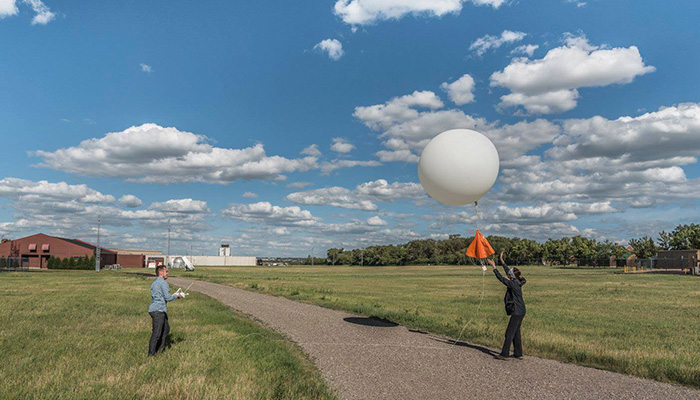Would you live on Mars?

story by Kelby Dressler
When asked the question, “Would you live on Mars?”, many have strong opinions. It would basically mean signing your life away to science. To some, the idea sounds crazy but to others it’s a dream come true.
In a fairly random and yet fascinatingly revealing survey of 28 Eudora High School students, 10 said yes and 18 said no.
“I wouldn’t go because I wouldn’t be able to come back and tell anyone about it except the people I’m there with,” says Kyla Etter, Soph.
“I would definitely go to Mars. Why would you give up the opportunity to go to another planet? It’d be beyond amazing,” says Sam Campbell, Sr.
More than 202,000 people applied to become Red Planet explorers after Mars One, a non-governmental private organization, opened the selection process in April 2013. Ultimately, the goal is to have humans on Mars in the 2030’s.
NASA’s mission to reach Mars has four main long-term science goals:
1) Determine whether life ever arose on Mars
Many people believe past or maybe present life exists on Mars, and NASA is finding a way to seek signs of past microbial life. It was confirmed by earlier rovers that Mars once had habitable conditions.
2) Characterize the Climate of Mars
Another rover will be sent to Mars to help humans get a better glimpse at the martian planet. Its instruments are looking for evidence of ancient habitable environments where microbial life could have existed in the past.
3) Characterize the Geology of Mars
This rover is also designed to study the rock geology of the Red Planet. Each layer of rock contains a record of the environment in which it was formed.
4) Prepare for Human Exploration
Astronauts will also be monitoring environmental conditions so we have of a better understanding of how to protect future human explorers. If we were to completely colonize mars, certain places might become national parks.
“Personally, now that I have a family and I have children, I would not go,” says Julie Splichal, Physical Science and Earth Space Science teacher. “I feel one of the reasons we’re trying to go to mars is because we screwed up one place, let’s go try to figure out somewhere else to live. But isn’t it a matter of time before human impact is going to long-term destroy anywhere that we go and habit?” Splichal wonders if more energy should be spent focusing on bettering our earth instead of starting over with a new one.
“Maybe our focus needs to be here more than there. Do I believe in space travel, do I believe in all this? I think it’s wonderful. But it’s billions and billions of dollars. There’s brilliant people in this world who could be finding ways to regenerate ozone and reduce the amount of carbon dioxide in the atmosphere being trapped, we have people who could come up with these things and yet none of that’s taking place.”
In order to go live on Mars, one would basically have to start their life completely over. You wouldn’t be able to come back to Earth. Even though that may sound harsh, you would be setting a baseline for future reference and maybe helping so one day there can be life on Mars. Would you do it?
“I think it’s just perspective and maybe I would’ve had a different perspective at 18 years old,” says Splichal.







